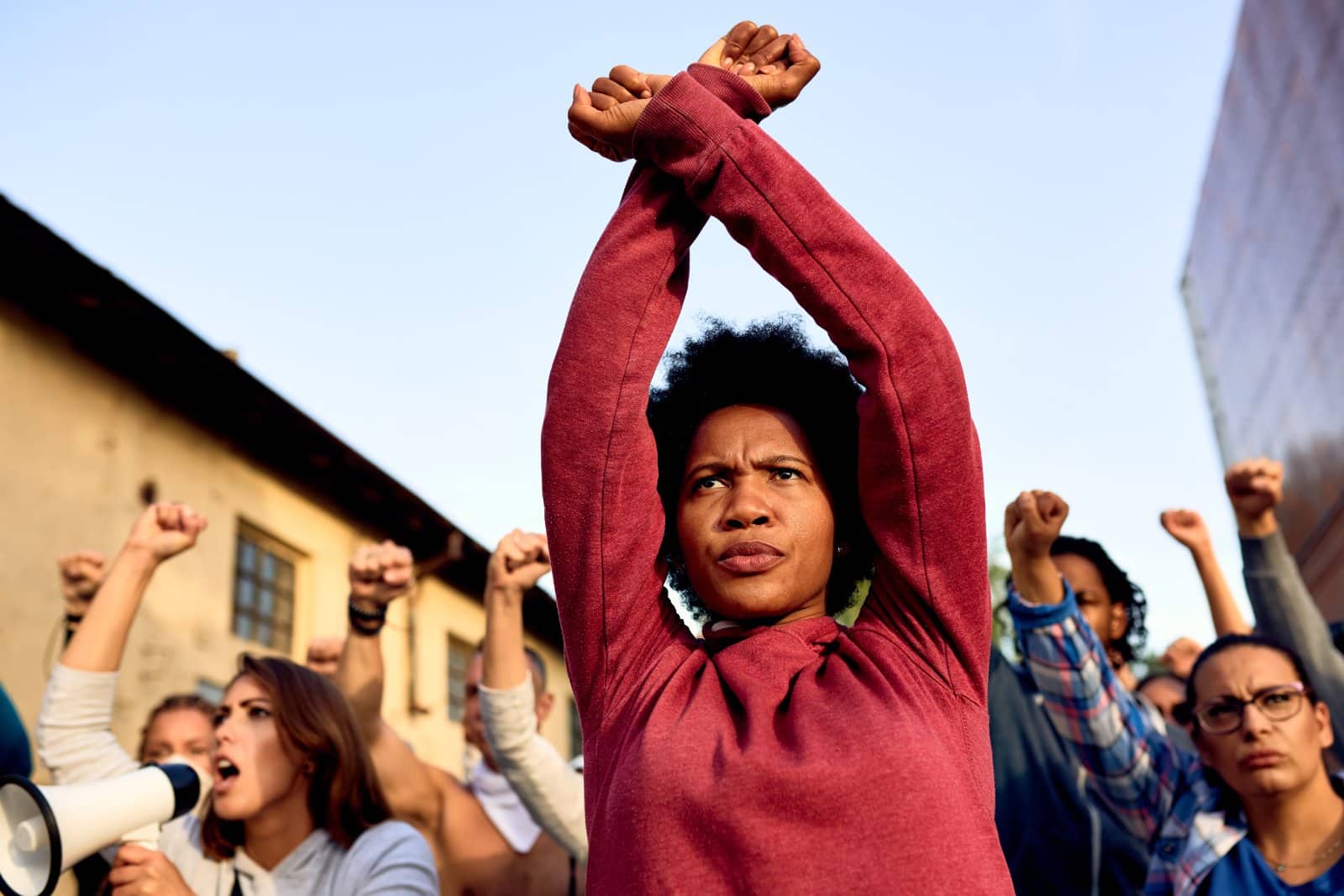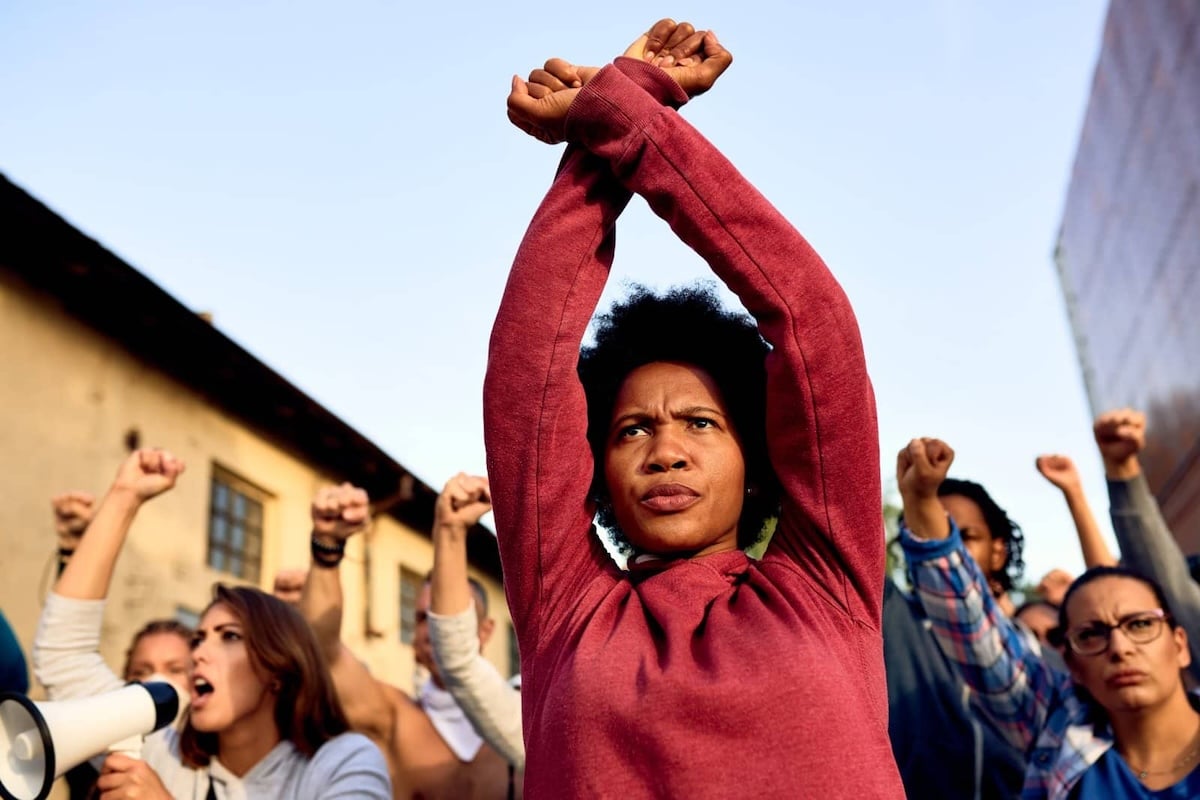Ever wonder if we’re truly free in a world full of rules, regulations, and social norms? The concept of liberty is central to the American identity, but the reality is far more complex. While we pride ourselves on our freedoms, those freedoms often come with limitations that make you question just how free we really are.
The Illusion of Choice

We often equate freedom with choice, but how many of our choices are truly free? From the brands we buy to the jobs we work, our decisions are heavily influenced by societal pressures, advertising, and economic constraints. Are we making choices based on genuine freedom, or are we just playing along with the options presented to us?
Laws That Protect or Confine?

Laws are essential for a functioning society, but they also restrict our actions. The balance between safety and freedom is delicate. For example, while laws against theft protect your property, laws regulating speech or behavior can feel like they’re infringing on personal liberties. How do we determine when a law is safeguarding liberty and when it’s undermining it?
Economic Freedom: Reality or Myth?

Economic freedom is often touted as a cornerstone of American liberty, but it’s not equally accessible to everyone. The wealth gap, student debt, and lack of affordable healthcare limit the freedom of many to pursue their dreams. When financial constraints dictate your choices, can you truly say you’re free?
Social Norms and Unseen Chains

Even in the absence of laws, social norms, and expectations can act as invisible chains. The pressure to conform—to look, act, or think a certain way—can be just as limiting as any legal restriction. Whether it’s the clothes you wear or the opinions you express, how much of what you do is really your choice?
The Role of Technology

Technology has given us unprecedented access to information and communication, but it also comes with its own set of restrictions. Surveillance, data collection, and algorithm-driven content shape our online experiences, raising questions about privacy and autonomy. Are we truly free in the digital world, or are we just trading liberty for convenience?
Freedom of Speech: A Double-Edged Sword

The right to speak freely is a fundamental liberty, but it’s not without its paradoxes. While you have the right to express your views, others have the right to challenge or even silence you, especially in the court of public opinion. The rise of cancel culture and social media censorship complicates the picture, making us question the true extent of our freedom of speech.
The Global Perspective

When we talk about liberty, it’s easy to focus solely on America, but freedom is a global issue. In some countries, the very freedoms we take for granted are severely restricted or nonexistent. This global perspective forces us to reconsider what liberty really means and whether we’re using our freedom to its fullest potential.
The Psychological Aspect

Freedom isn’t just a physical or legal concept; it’s also psychological. The fear of failure, judgment, or rejection can limit our actions just as much as any external force. How free are we if we’re constantly second-guessing our choices or fearing the consequences of stepping out of line?
The Cost of Liberty

Liberty isn’t free—it comes with responsibilities and, sometimes, consequences. Whether it’s the responsibility to respect others’ freedoms or the social and economic costs of maintaining a free society, liberty requires effort and sacrifice. Are we willing to pay the price for true freedom?
It’s Not Straighforward

So, how free are we really? The answer isn’t straightforward. While we enjoy many freedoms, they are often limited by laws, economic constraints, social norms, and even our own fears.
The Paradox Liberty

The paradox of liberty is that true freedom requires constant vigilance and a willingness to question the very systems that promise to protect it. As we navigate this complex landscape, it’s crucial to recognize that freedom is not just about what we can do, but also about understanding the forces that shape our choices.
Feature Image Credit: Shutterstock / Drazen Zigic.
The images used are for illustrative purposes only and may not represent the actual people or places mentioned in the article.
For transparency, this content was partly developed with AI assistance and carefully curated by an experienced editor to be informative and ensure accuracy.





